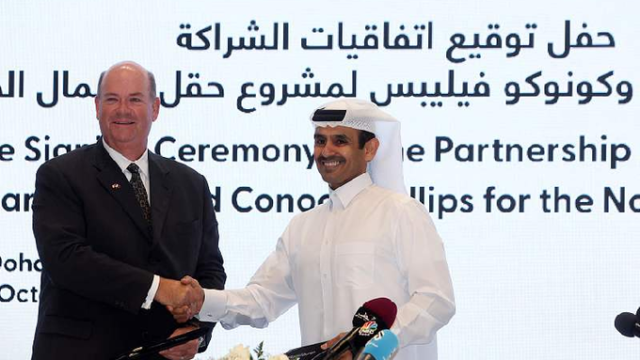In March 2022, less than a month after Russia invaded Ukraine, the energy future of Germany seemed bleak. As the countries of Europe supported Ukraine after Russia invaded the nation in February, Moscow slashed all the natural gas supplies that were used to heat homes, generate electricity, and power industry. This resulted in an energy crisis, fueling inflation and increasing pressure on companies and governments as the prices rose. Germany got half its gas from Russia before the war and has not received any gas from Moscow since the end of August.
In search of new suppliers, the Vice-Chancellor of Germany, Habeck, traveled to Qatar to restart their talks on additional gas supplies from one of the biggest players in the whole world. Until November 29, 2022, the journey was never fruitful. Qatar announced on Tuesday that it has inked the first major deal to send liquefied natural gas to Germany, as Europe has been scrambling to find alternatives to Russian energy sources.
The Minister of State for Energy Affairs of Qatar, Saad Sherida al-Kaabi, said that up to 2 billion tonnes of gas a year would be supplied to Germany for at least 15 years beginning in 2026. Moreover, the state-run QatarEnergy was also discussing possible deals that could be initiated for Europe’s biggest economy. As per the agreement, the 2.5 billion cubic meters of gas will be injected by the US firm ConocoPhillips, which is a long-term partner with QatarEnergy, and will reach the markets of Germany annually, replacing almost 5% of the past imports of Germany from Russia.
The German government has welcomed the deal. Habeck said that “fifteen years is great, and the conditions seem to be really good.” I wouldn’t mind 20-year or longer contracts, either.” The talks for this deal took several months as Germany withstood the long-term contracts that Qatar typically demanded to justify its massive investment in the industry. Germany was looking for new energy sources to relieve energy pressure, and the latest deal will not be enough to get the country through the upcoming winter.
After signing the agreement with CoconoPhillips CEO Ryan Lance, Kaabi said at the press conference that they are committed to contributing to the energy security of Germany and Europe at large. Lance said that the accord is a vital contribution to world energy security. Habeck stressed that the capacity that they are building now in the different steps incorporates 12 to 14 billion cubic meters over this winter and 30 billion cubic meters over the next year to cover a lot of the flows from Russia.









